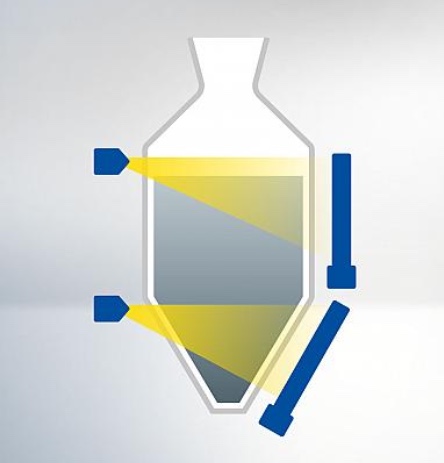Question
-
Projected diesel shortages could become a crisis if winter conditions are severe, potentially knocking out already strained power grids. What strategies should refiners rely on to increase distillate-range material?
Feb-2023
Answers
-
Marcio Wagner da Silva, Petrobras, marciows@petrobras.com.br
The response relies deeply of the available refining hardware as well as the processed crude oil.
Generally, it's possible to optimize the crude oil distillation unit to maximize middle distillates as well as gas oils capable to be converted into diesel after post processing in residue upgrading units like hydrocracking or deep hydroprocessing. Another interesting alternative is optimize the blending operations in stockpiling assets aiming to maximize the yield of middle distillates respecting the derivatives specifications, a common operations in some refineries is blending straight run heavy nafta with diesel aiming to improve the produced volume in the diesel pool.
The cracked heavy nafta can also be added to the feed of diesel hydrotreating units to improve the produced volume of diesel, of course, if the processing unit is able for this as well as there is hydrogen availability. Another cracked feed with is sent for diesel pool after adequate hydrotreating is the Light Cycle Oil (LCO) from FCC units, despite the high aromatics concentration of LCO, this stream can help to improve the diesel production through high severity hydrotreatement.
Mar-2023
-
Mel Larson, Becht, mlarson@becht.com
There are three major steps around the FCC:
Å’ Minimise diesel in FCC feed through better fractionation monitoring
 Maximise C/O at lower riser temperature
Ž Lower cutpoint of naphtha into LCO. The challenge here is that more LCO will add severity and demand to the existing DHT system and, thus, possibly shorten catalyst run length. The economics of the shifts need close analysis.Feb-2023
-
Joris Mertens, KBC (A Yokogawa Company), joris.mertens@kbcglobal
The availability of electrical power in January/February 2023 causes concern throughout Europe. However, in Europe, where mid-distillates generate very little power, power availability concerns are not driven by a shortage of diesel but rather by a potential lack of natural gas. The absence of a substantial part of the nuclear power generation park in France further exacerbates this situation. Despite this, diesel is in short supply because of the self-imposed reduced distillate supply from Russia. The ability of refineries to switch from naphtha to diesel is limited by the facility’s design.
Arbitrage, trading, and international groups are better positioned to capitalise on soaring diesel prices. In addition, it is well known that refiners can maximise diesel production in the short term, primarily by adjusting fractionator cut points. This option should be built into the refinery LP and site operational optimisation procedures. Severity reductions on cat and hydrocrackers shift product selectivity from lighter to middle distillate products. However, they risk reducing the yield of high-value products (FCC light olefins) or increasing lower-value residuals (on the hydrocrackers).
As a result, KBC observed through performance improvement studies that refiners often leave money on the table due to a variety of very technical (such as failing advanced control), communicative, and organisational issues (such as inadequate data collection and monitoring, or poor shift team handover).
Meanwhile, investing significant capital to maximise diesel yield is probably not worth consideration. In spite of soaring diesel prices, the surge of hybrid and fully electric vehicles should not be ignored. The shortage of diesel will probably not persist long term.
Feb-2023
-
Michael Allegro, BASF - Refining Catalysts, michael.allegro@basf.com
Sites with both hydrocracking and FCC can shift the VGO feed towards hydrocracking when distillate material is preferred over gasoline. While this can reduce the operating capacity of the FCC, it can also create a need to process UCO from the hydrocracker. In these operating modes, bottoms upgrading capability in the FCC is a key need for the refiner. Those units would also likely benefit from a more distillate-focused operating mode for the FCC and, depending on the duration, a catalyst tuned to produce more LCO.
Feb-2023

















